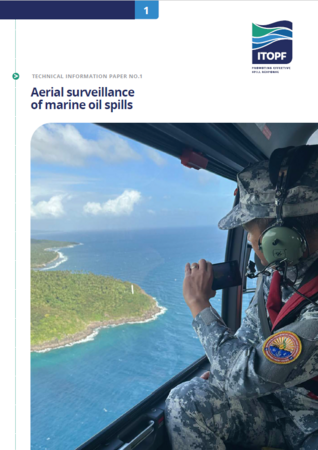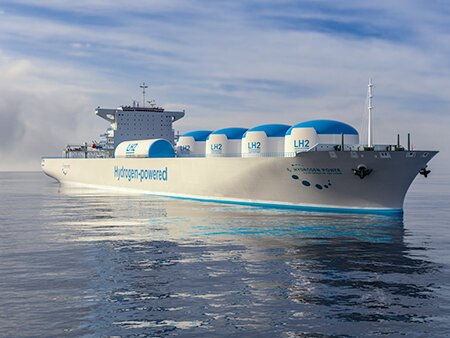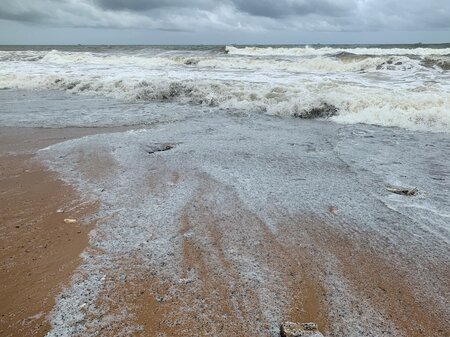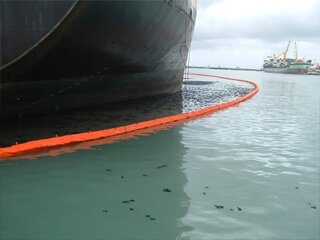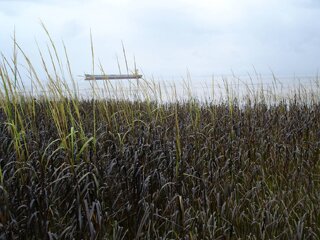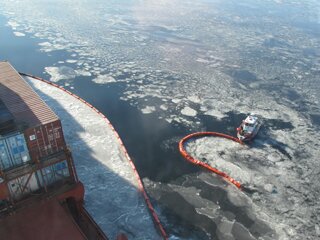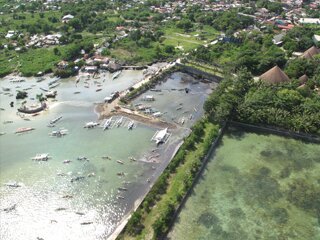Documents & Guides
Explore a variety of topics about marine spills, response and compensation matters in the pages below.
Each topic and area of interest provides access to more detailed documentation that is freely downloadable.
This includes our 18 Technical Information Papers which are fully illustrated with photos and diagrams and are available in several languages.
Alternative Fuels
What are the emerging alternative fuels and their associated risks, hazards, damages and liabilities?
Compensation for Ship-source Marine Oil Spills
What legal arrangements and sources of compensation are available for a spill from a ship?
Disposal
What planning and waste management systems need to be put in place to reduce the volume of oily waste for treatment or disposal?
HNS
What are the specific chemical response strategies for responding to a Hazardous and Noxious Substance spill, and what are the potential effects on human and marine life?
Contingency & Response Planning
What information is needed for an effective oil spill contingency plan? How can aerial observation and protective strategies assist with response operations?
Economic Effects
Which industries might suffer temporary economic losses and loss of market confidence?
Fate of Oil Spills
What happens to oil in the marine environment over time when spilled at sea? How do different factors such as volume and physical and chemical properties affect the fate of oil spills?
Explore the Resources
TIP 01: Aerial observation of marine oil spills
This paper presents advice and guidance on conducting effective aerial reconnaissance.
Categories: Fate of Oil Spills, Response Techniques, Planning & operations, Spill Response, Technical Information Paper (TIPS)
Is greener cleaner? Spill implications from alternative marine fuels (2022) - extended abstract
With the eyes of the world on reducing human reliance on fossil fuels, the shipping industry is undergoing the largest fuel revolution since the obsolescence of steam-powered vessels in the 1950s. With more vessels expected to run on alternative fuels, it is a matter of time until an incident involving these emerging fuel types occurs.
Categories: Response Techniques, Papers
Nurdles - one container, a billion problems (2022) - extended abstract
To supply the global demand for plastic, significant quantities of pre-production plastic pellets are transported by sea in containers. Plastic pellets, or nurdles, are lentil-sized (typically < 5mm) pre-production raw materials used to fashion almost all day-to-day plastic items. Recent analysis estimates estimated around 230,000 tonnes of nurdles are lost to the environment annually.
Categories: Response Techniques, Planning & operations, Papers
To carry or not to carry? Onboard spill response equipment - Is it practicable? (2021)
The question as to whether oil tankers should carry oil spill response equipment onboard has been the subject of debate for many years. This paper focuses on the carriage and deployment of pollution response equipment from oil tankers. Nonetheless, many of the factors discussed can apply equally to the carriage of such equipment on the myriad other types of vessels trading commercially.
Categories: Response Techniques, Planning & operations, Papers
DISCOBIOL: Assessment of the impact of dispersant use for oil spill response in coastal or estuarine areas (2014)
The DISCOBIOL research program aims to provide practical recommendations on dispersant use in coastal and estuarine areas by acquiring relevant (in terms of likely dispersed oil concentrations) and robust experimental information on the impact of mechanically and chemically dispersed oil on living resources.
Categories: Response Techniques, Dispersants, Papers
The adaptation of mariculture practices in response to spilled oil (1999)
Oil spills may contaminate both mariculture facilities and livestock. Prevention of oiling should therefore be afforded a high priority. A number of traditional spill response measures but also self-help response options are open to mariculturalists, that may avoid or limit the effects of spilled oil. The advantages and drawbacks of each of these approaches in the context of oil spill response are discussed.
Categories: Response Techniques, Environmental effects, Papers
Does cleaning oiled seabirds have conservation value? Insights from the South African experience with African Penguins (2007)
Although there is general consensus among investigators that large numbers of seabirds are killed as a result of oil spills, there is disagreement, mostly in the northern hemisphere, about the extent to which oil mortality is biologically significant to local, regional and global populations.
Categories: Response Techniques, Environmental effects, Papers
When should clean-up operations be brought to a close - How clean is clean? (1998)
At the outset of a major oil spill, it is hard to imagine how shorelines inundated with the thick black pollutant will ever be cleaned or that they will ever return to their original condition. Two facts are known as a result of these unfortunate experiences: first, these shorelines are eventually cleaned and second, that nature plays a very large part in that cleaning process.
Categories: Response Techniques, Papers
New directions in marine pollution control (1999)
The paper begins by examining the incidence of major marine oil spills from tankers and other types of ships before describing the potential for controlling the resulting pollution.
Categories: Response Techniques, Papers
Oil spill response - Experience, trends and challenges (2000)
The paper begins by reviewing the dramatic reduction in the incidence of major tanker spills since the beginning of the 1980s. The paper then focuses on the factors that determine the seriousness of marine oil spills and the fundamental technical difficulties of combating them at-sea, in coastal waters and on shorelines.
Categories: Response Techniques, Papers

